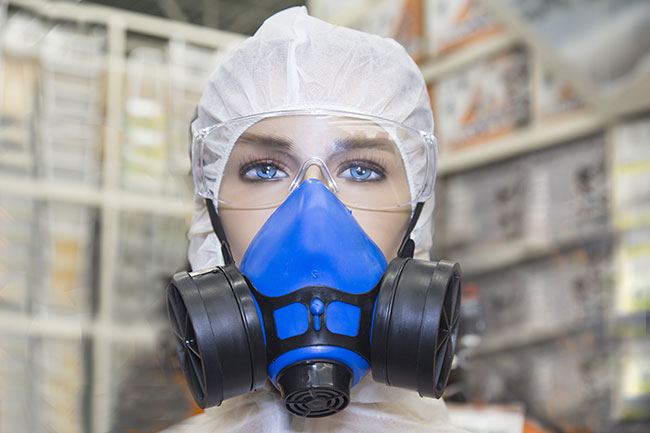
News
Workers compensation boards may allow claims for COVID infection at work
May 8, 2020 By Patrick Flannery

Provincial workers compensation boards around the country say they may allow compensation claims for confirmed COVID-19 infections contracted in workplaces. Whether an infection was obtained at work will be adjudicated on a case-by-case basis. Some examples from the various boards are presented below. The policies are generally similar across the country.
The Ontario WSIB website says, “For a COVID-19 claim to be allowed, evidence must show that the person’s risk of contracting the disease through their employment is greater than the risk to which the public at large is exposed and that work significantly contributed to the person’s illness.”
The Alberta WCB fact sheet says, “However, if you are not at greater risk than the general public
of contracting the infection, do not report. Examples include people who believe they caught the COVID-19 virus from a co-worker or client.”
Alberta goes on to say, “A claim is likely to be accepted if a worker contracts the illness and is performing what the province deems to be an “essential service” that puts them in regular contact with the general public. A worker will also likely be covered in the event of a widespread outbreak at their place of work.”
Alberta lists its criteria for determining if a COVID claim is allowable as follows:
“• The nature of employment involves sufficient exposure
to the source of infection,
-and-
• The nature of employment is shown to be the cause of
the condition,
-or-
• The nature of employment creates a greater risk of
exposure for the worker.”
Quebec probably has the most comprehensive explanation of its approach:
“Yes, workers who become infected with COVID-19 as a result of or in the course of their work may be entitled to the usual benefits and services provided under the Act respecting industrial accidents and occupational diseases (AIAOD).
“In addition, the COVID-19 claims process has been adjusted based on the risk associated with the work. Consequently:
- For front-line health care workers performing high-risk tasks, the claims process for COVID-19 contracted at work has been facilitated. The CNESST considers that front-line health care workers who provide personal care are at high risk of contracting COVID-19. Despite the prevalence of the disease among the general population, the CNESST deems that these workers are more likely to contract the disease at work than anywhere else.
- For all other workers not performing high-risk tasks in front-line health care settings as described in the previous point, proof that COVID-19 was contracted in the workplace must be established by a preponderance of evidence.
“For all COVID-19 claims, the worker must consult a physician to obtain a medical certificate confirming the diagnosis. However, in exceptional cases, the CNESST may process a claim for a confirmed or probable COVID-19 infection if the worker completes the Worker’s Claim form, declares that they are a carrier of COVID-19 and have received a positive test result or have been ordered to self-isolate by a nurse. The worker must notify their employer as soon as possible. The worker must demonstrate that they came into contact with the virus through or in the course of their work. The work connection must be demonstrated in a conclusive manner. The CNESST’s decision will take into account the specifics of each claim.”
WorkSafeBC says employers are not obligated to report COVID infections in their staff if they don’t feel they meet the criteria. “Report it if it meets the specific criteria,” their FAQ says. “As shown in the examples, if your employees are at significantly greater risk than the general public of contracting the virus while at work, and the employee loses time from work after contracting the virus, report the claim to WorkSafeBC. However, if your employees are not at greater risk than the general public of contracting the infection, you do not need to file a report unless WorkSafeBC requests a report.”
Your call, but in general filing a report that is unnecessary is a lot safer than not filing one and finding out later it was required.
So the answer appears to be that a worker that catches COVID-19 at work is only covered if their work somehow exposed them to an increased risk of getting the disease. Word to the wise: not making sure your workers are maintaining distancing, wearing PPE and following hygiene guidelines could impact your case in the event of a COVID claim.
Print this page
Leave a Reply